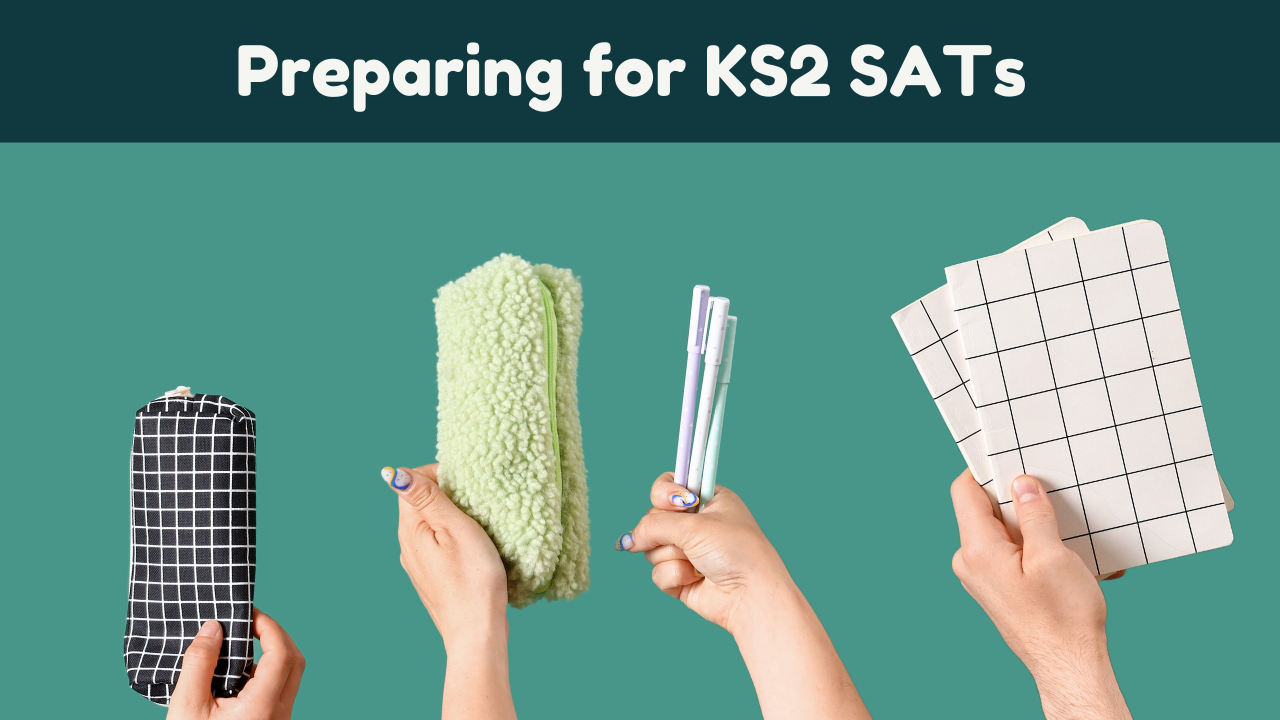Understanding the Value of Reading
Reading isn’t just an academic skill; it’s a gateway to lifelong learning and personal growth. Research consistently shows that children who read for pleasure excel emotionally, and socially. To build this foundation, it’s crucial to connect reading to real-life, intrinsic experiences.
The Magic of Everyday Words
Opportunities to read are everywhere. We live in a language-rich world, we just need to notice what is already here. From reading recipes while cooking together, to interpreting road signs during outings, and even examining labels when shopping, every moment holds potential for learning. Encouraging children to engage with texts in their everyday environments helps them recognise the practical value of reading.
Top Tips for Cultivating Readers📚
🏡 Environment: Building a Reading Haven
- Designate a cosy reading nook equipped with a comfortable chair, blankets, and calm lighting. Add a variety of books and a tablet loaded with digital reading options.
- Offer a diverse array of reading materials. Consider subscriptions to children’s magazines or newspapers to offer variety.
- Books, books and more books! Having books around the house where children can see and access them is so important. Don’t be tempted to tidy them away out of sight. A book filled house is not a messy house!
- Encourage playful learning. Set up a “word hunt” with magnifying glasses, or create role-play areas with meaningful books, leaflets, and labels.
- Share and celebrate your favourite stories. Display favourite books and don’t be afraid of rereading favourites again and again.
- Get organised together. Asl the children to help you label storage containers to create an accessible and tidy environment for all.
🗣 Model and Involve: Active Reading Practices
Modelling reading skills to our children is so important. We do this all the time without knowing it. From reading road signs to text messages or cards, children are always observing and learning from us.
- Demonstrate reading techniques by ‘thinking out loud’. This could involve sounding out challenging words or summarising a passage to improve comprehension.
- Use ‘echo reading’ to reinforce phrases and sentences, enhancing engagement and understanding. Ask the children to repeat words, phrases or sentences back when reading books, labels or signs.
- Involve children in real-world reading tasks. Let them help you navigate shopping aisles, read the list or find locations on a map. When we approach learning in this way we provide children with a sense of empowerment.
📱 Technology: Digital and Audio Books
- Equip devices with age-appropriate eBooks to provide interactive and engaging reading experiences.
- Regularly listen to audiobooks and discuss the content. Conversations about stories are crucial for developing comprehension and critical thinking skills. They are also a wonderful way of bonding and creating a shared interest with each other.
- Encourage reading the book before watching its movie adaptation, which can lead to rich discussions about the differences between the two mediums.
👥Attend Events: Community Engagement
- Visit libraries where children can choose and check out books. Here, you can participate in library story times and other literacy-related activities.
- Explore museums and galleries, which often offer informational plaques and guides that enhance reading skills.
- Engage in community events like poetry readings, book festivals, or scavenger trails which often include interactive reading activities.
🎨 Have Fun: Creative Reading Activities
- Display a ‘book of the week’ to share and discuss current favourites.
- Write secret notes to each other, encouraging reading and writing in a fun way.
- Play, play, play! Integrating reading into play is a simple but extremely effective way of fostering a love of reading. Following children’s interests is important when creating these areas. Role-play scenarios such as puppet shows, bakeries, or veterinary clinics can incorporate reading materials naturally in meaningful ways.
- Promote letter writing to friends and family, reviving the art of written correspondence, and offering meaningful reading opportunities.
- Have a ‘quote of the week’ and display it in an area for the children to read.
By intertwining reading with daily activities and making it a fun, integral part of life, parents can help foster a deep, lasting love of reading in their children.

